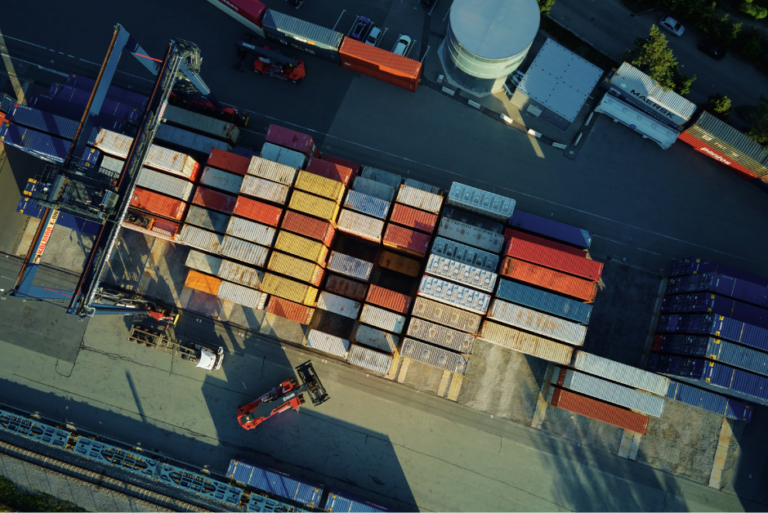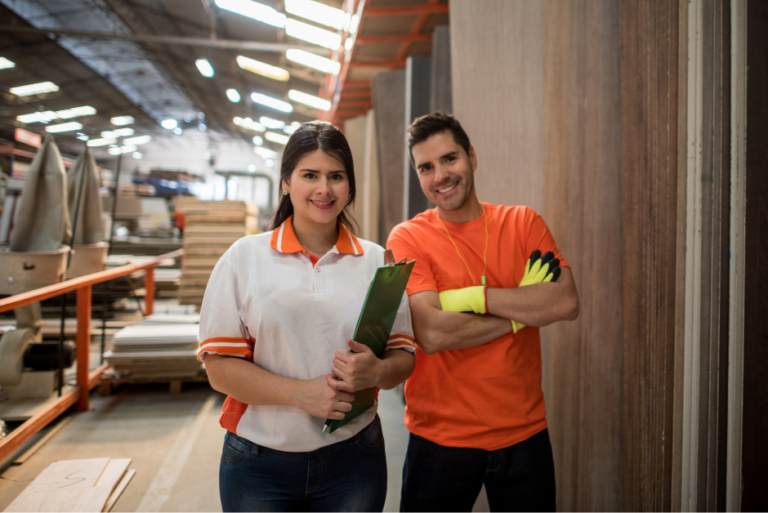29th November 2023 15:44
Victorian Legislative Council, Melbourne
David ETTERSHANK (Western Metropolitan) (15:44):
It is my pleasure to speak on Legalise Cannabis Victoria’s bill to regulate the personal use of cannabis for adults. Cannabis prohibition has failed, and we all know that. In 2023 how can we still be arresting and charging people for the possession and consumption of a relatively benign plant? We are criminalising tens of thousands of otherwise law-abiding Victorians who are doing nothing to harm other people, as Dr Bach so eloquently stated.
These are the most recent stats we have. In 2021 in this state there were almost 9000 people charged with cannabis use and possession – nothing commercial, just personal use. And that accounts for 92 per cent of all cannabis offences in Victoria during that period.
Worse, in the three years to June 2019, which is the latest we have got stats for, 11,498 people were sentenced in Victoria for simple possession, and I think this is relevant to Ms Crozier’s point: 10 per cent of those people, almost 1500 of those people, were jailed, were incarcerated, for personal use or possession – for a victimless crime. It beggars belief.
And the cost to the taxpayer of policing this plant is astronomical. About $1.1 billion annually is spent simply on imprisonment. When you include the cost of policing and prosecution to court, legal aid and community corrections, you are looking at a bill of around $1.7 billion per annum.
But it is the human cost of drug criminalisation that is truly breathtaking. We know that the harms associated with ending up in the criminal justice system are very harmful indeed, and again, Ms Watt has made a very elegant contribution on this point. Research tells us that First Nations people and others from disadvantaged communities are at greater risk of harm from the criminalisation of cannabis.
Vulnerable young people caught up in the criminal justice system can suffer lifelong consequences, and for what? An approach that has never worked, is out of step with community expectations and has done nothing – nothing whatsoever – to curb the illicit market.
Seventy-eight per cent of Victorians believe that possession of cannabis should not be a crime. We are not talking on the margins here.
I have spoken to parents of teenagers and young adults who want to see cannabis regulated because their kids are able to access illicit cannabis so easily. It is easier for many to simply buy cannabis than a packet of cigarettes, and buying cannabis through the illicit market exposes them to the real gateway: dealers who will happily sell them dangerous drugs.
When I was working in Shepparton a few years back I was told that acquiring an evening’s worth of cannabis was more expensive than a comparable quality of methamphetamine – it was cheaper to buy ice. Let us not have someone seeking cannabis be offered that option by organised crime. Let us take cannabis, with its low harm profile – and we can talk about that profile in a minute – out of the hands of drug dealers and out of the hands of organised crime.
Our own Parliamentary Budget Office calculates that this illicit market right here in Victoria is worth $1200 million a year based on an annual consumption of 85 tonnes – 85 tonnes of illicit cannabis. To put that in some perspective, 85 tonnes is more than the weight of a 767 airliner.
This illicit market exists for only one reason. The one reason only is that the state says it is illegal. If we simply legalise cannabis, that illicit market withers and dies. And sure, there are going to be a lot of really disappointed outlaw bikie gangs, but really, is their happiness such a priority for this place? There has to be a better way, and there is.
Leading economies around the world are decriminalising and regulating cannabis consumption. They are investing in harm prevention, in health education and in social justice reform. We have seen the benefits that people are deriving from cannabis as a lawful medicine for a range of serious medical conditions. There is good evidence that the harms associated with cannabis have been misrepresented and overstated historically.
Cannabis is not for everyone. Many people just do not like it, but a lot of people, including me and Ms Payne, do.
When we have these bogies sort of thrown up about the impact of cannabis in various jurisdictions, the one thing they tend to lack is currency and context – sorry, that is two things. Ms Crozier was quoting some stats from the US, where there is a laissez-faire, totally deregulated cannabis market, and comparing it to what we are talking about here, which is a very modest and simple change. You are comparing apples with oranges.
I agree that there are real issues associated with this. It is not a health product, but at the same time people like to, for example, throw up the case of psychosis. For those who are familiar with the work of a former Australian of the Year Professor Patrick McGorry, he has just concluded part of an international study which has indicated that cannabis neither causes nor exacerbates psychosis. I know that is an uncomfortable reality, but that is what the latest research says.
We know that the responsible regulation of cannabis in Victoria can and will reduce harm. We know it will save the state money through a reduction in law enforcement costs and will free up police resources to concentrate on crimes that actually have victims. Regulation is taking place around the world, and it is happening over the border.
The ACT has legalised the possession, use and cultivation of cannabis, and the sky, miraculously, has not fallen in. However, arrests for low-level cannabis offences have plunged by 90 per cent since those reforms. There has also been no detectable increase in consumption and no increase in adverse public health outcomes. To pick up Mr McGowan’s point on increased use, even in those jurisdictions in America that I referred to where there has been pretty much of a laissez faire legalisation process, the average increase in consumption, after we allow for what is called interstate cannabis tourism, is less than 2 per cent, a negligible increase.
Our bill is very similar to the ACT’s, but it is better. We seek to address some of the anomalies in that legislation; for example, in the ACT it is legal to grow a plant but it is illegal to have a seed. Ain’t that a chicken and egg kind of conundrum? Perhaps that is the sort of situation that good legislation would address.
What we are seeking is modest, intelligent reform, and what better time than now? Seriously, how long are we going to drag this out? After 95 years of prohibition do we really think that another year of failed policy is going to nail it? Do we hear the police say to us, ‘Just give us another year or two and we can knock this one on the head’?
The 2020–25 Victoria Police drug strategy mentions cannabis twice. Firstly, it notes that it is dominated by organised crime – surprise, surprise; and secondly, that it is associated with fires in illicit grow houses. That is it. That is the totality of the police strategy on cannabis. Most of the cops I talk to say that this law is an embarrassment and a waste of scarce police resources.
The New South Wales police association, testifying before a Senate inquiry earlier this year, has even gone so far as to call for cannabis legalisation. They actually oppose decriminalisation and would like to see legislation combined with health education and an evaluation of the reform process. Think of the money we could save and all the harm we could spare ordinary Victorians, in particular our young people. Victoria needs to regulate cannabis. It is as simple as that.
We are appreciative of the government’s support and particularly encouraged to hear Minister Stitt’s commitment to a process of expert analysis and community engagement to progress cannabis law reform. That is the approach we ourselves have been advocating to the government: an intelligent debate, a public engagement and expert analysis. We thank the government for that commitment and look forward to working with them on cannabis regulation in the new year.
Other Australian states have taken steps in this direction, other jurisdictions around the world are taking giant leaps. If we in Victoria are truly this country’s most progressive state, then it is time to actually walk the walk, not just talk the talk. On behalf of LCV, let me express our appreciation to the Animal Justice Party, the Greens and the Libertarians for their words of support on this important bill; likewise to the other members who have contributed so thoughtfully.
To the three-quarters of a million cannabis consumers in Victoria, our purpose as Legalise Cannabis Victoria MPs in this Parliament is clear. We are making progress, and we will be bringing this reform back to Parliament and pursuing the reform process with undiminished vigour in 2024.
Today is a big step, and we will not rest until justice for cannabis consumers has been achieved. I commend the bill to the house.
[ENDS]





